
24 July – 29 August
After the turbulence erupting from the drama team – Peter Stein’s successor Ivan Nagel was engaged for only one season – Frank Baumbauer took over the department as artistic consultant and brought out the German-language première of the Shakespeare adaptation Schlachten by Tom Lanoye and Luk Perceval on the Perner-Insel.
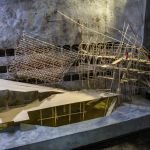
24 July – 30 August
In 1992, Saint François d’Assise by Olivier Messiaen celebrated its first performance under Esa-Pekka Salonen as conductor and Peter Sellars as director. Although the production aroused controversy at the time, it went down in the history of critical reception as one of the most important productions and to the present day has always stood for the Festival’s programmatic new start.
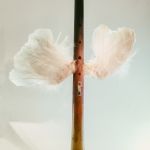
20 July – 31 August
Despite Peter Stein’s successes and his benchmark works, not least in Alban Berg’s Wozzeck in the Easter Festival production with Claudio Abbado, Gerard Mortier found it was time for a more innovative theatre. The head of drama Peter Stein took his farewell with Grillparzer’s Libussa in 1997.
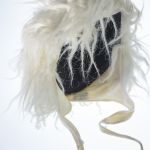
20 July – 31 August
Peter Stein’s era saw a strong accentuation of straight drama productions; he scouted for unconventional venues, just as Max Reinhardt had before him. His productions on the new stage of the Perner-Insel were just as successful as in the Felsenreitschule/Summer Riding School.
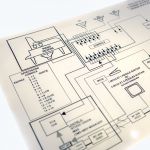
21 July – 31 August
In the year Austria joined the European Community, Helga Rabl-Stadler was inaugurated as Festival President; the Salzburg Festival celebrated its 75th anniversary with the new Jedermann/Everyman Gert Voss and a new production of Mozart’s Le nozze di Figaro with Nikolaus Harnoncourt as music director and Luc Bondy as stage director.

25 July – 31 August
1994 saw a Stravinsky feast at the Festival: Sylvain Cambreling – the busiest conductor under Mortier – along with Peter Mussbach and Jörg Immendorff brought out a new production of The Rake’s Progress.
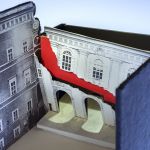
24 July – 30 August
Two operas by Claudio Monteverdi were scheduled for the 350th anniversary of his death: Nikolaus Harnoncourt and Jürgen Flimm adapted L’incoronazione di Poppea. René Jacobs and Herbert Wernicke produced L’Orfeo.
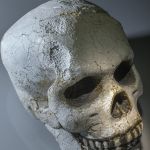
26 July – 30 August
Gerard Mortier’s decision to put on Leoš Janáček’s Aus einem Totenhaus at the start of his directorship may be regarded as programmatic. This gut-wrenching work in Klaus Michael Grüber’s and Claudio Abbado’s interpretation put its finger on the pulse of the time.
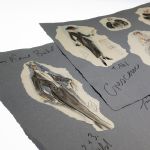
26 July – 31 August
The programme of the last interim season was planned under the aegis of the bicentenary of Mozart’s death and the performance of his seven great operas, most notably including revivals and a new production of Die Zauberflöte/The Magic Flute, with Georg Solti on the rostrum and Johannes Schaaf directing.
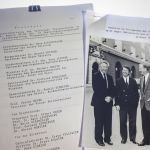
26 July – 31 August
After the leading team from 1991 on – Gerard Mortier, Hans Landesmann and Heinrich Wiesmüller – had been presented, the Artistic Director announced his plans in detail in spring 1990: besides the schedule for the first season of 1992 also the cooperation with the Salzburg Mozarteum Foundation, the extension of the repertoire to new venues, the integration of sponsors and so forth.
21 July – 31 August
In the year Austria joined the European Community, Helga Rabl-Stadler was inaugurated as Festival President; the Salzburg Festival celebrated its 75th anniversary with the new Jedermann/Everyman Gert Voss and a new production of Mozart’s Le nozze di Figaro with Nikolaus Harnoncourt as music director and Luc Bondy as stage director.
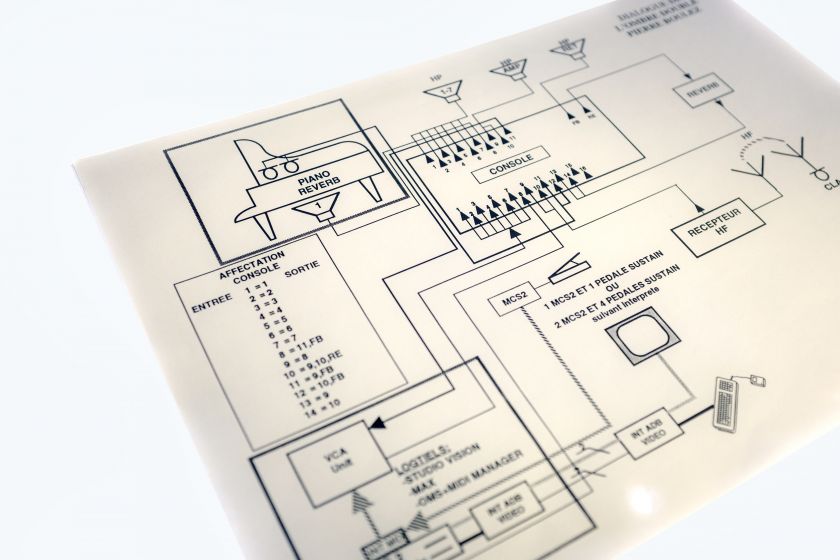
Alban Berg’s Lulu was a unanimous success, with Christine Schäfer in the title role in a production by Michael Gielen and Peter Mussbach. Jessye Norman interpreted Arnold Schoenberg’s monodrama Erwartung/Expectation directed by Robert Wilson. The highlight of the straight drama season was Anton Chekhov’s Der Kirschgarten/The Cherry Orchard directed by Peter Stein.
The heart of the concert programme was the Progetto Pollini, a series devised by Maurizio Pollini including compositions from the Middle Ages to the present day. The Progetto Pollini provided opportunities for a number of first performances of works in 1995 and 1999. The pianist combined Pierre Boulez’s Dialogue de l’ombre double with works by Schubert, Schönberg and Berg.
